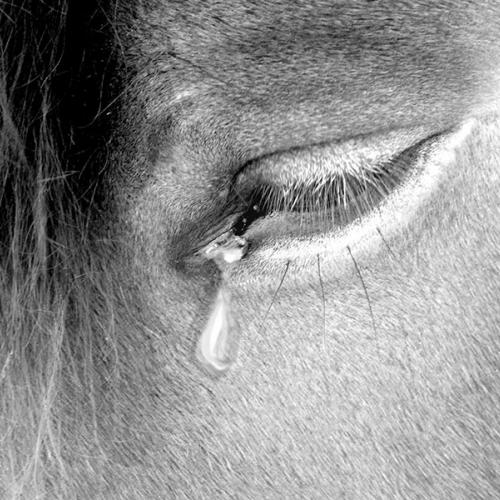There are lots of trainers – good trainers and bad trainers. This is a conversation that comes up a lot with equestrians of all disciplines and all skill levels. When is it time to move on from your current trainer?

Would you know it if your horse was in pain? Even if you knew your horse was in pain, would you know what type of pain he or she was suffering from?
The thing with horses is that they can be hard to read. In the wild, horses are a prey species; showing overt signs of pain can make them vulnerable to predators. Certain breeds of horses (ie, draft breeds – Clydesdales, Shires, Haflingers, and others) tend to be incredibly stoic whereas others (ie, Arabians and Thoroughbreds) are often more expressive when they are in pain. Further complicating matters, signs of stress and anxiety can look like signs of pain.
To the well-trained eye, some signs of pain can be obvious. Other signs may be more subtle. Orthopedic pain will manifest itself differently from other types of pain, including colic.
Regardless of the origin, here are some classic signs of pain to look for in horses:
Horses suffering from orthopedic discomfort may also show the following signs:
Horses that are experiencing visceral pain, often associated with colic will:
These are the most common signs of pain seen in horses. Not every horse will show every sign or when they do, it may not be a dramatic change from normal. If you know your horse well, you will appreciate the subtle changes better than anyone. If your horse is in pain or might be in pain, it is best not to ignore it. Consult with your veterinarian promptly for appropriate diagnosis and treatment. The type of pain and whether it is acute or chronic in nature will dictate the immediacy and approach for addressing it. With any luck, the issue will be minor and you will be back to enjoying your relationship with your horse in short order!
There are lots of trainers – good trainers and bad trainers. This is a conversation that comes up a lot with equestrians of all disciplines and all skill levels. When is it time to move on from your current trainer?
While you are working on New Year’s resolutions for yourself, consider making a few for your horse as well. Here are a few suggestions...
Maintaining a healthy weight is essential for horses as they age. Here are a few tips to help keep your horse fit and trim.
Would you know it if your horse was in pain? Even if you knew your horse was in pain, would you know what type of pain he or she was suffering from?